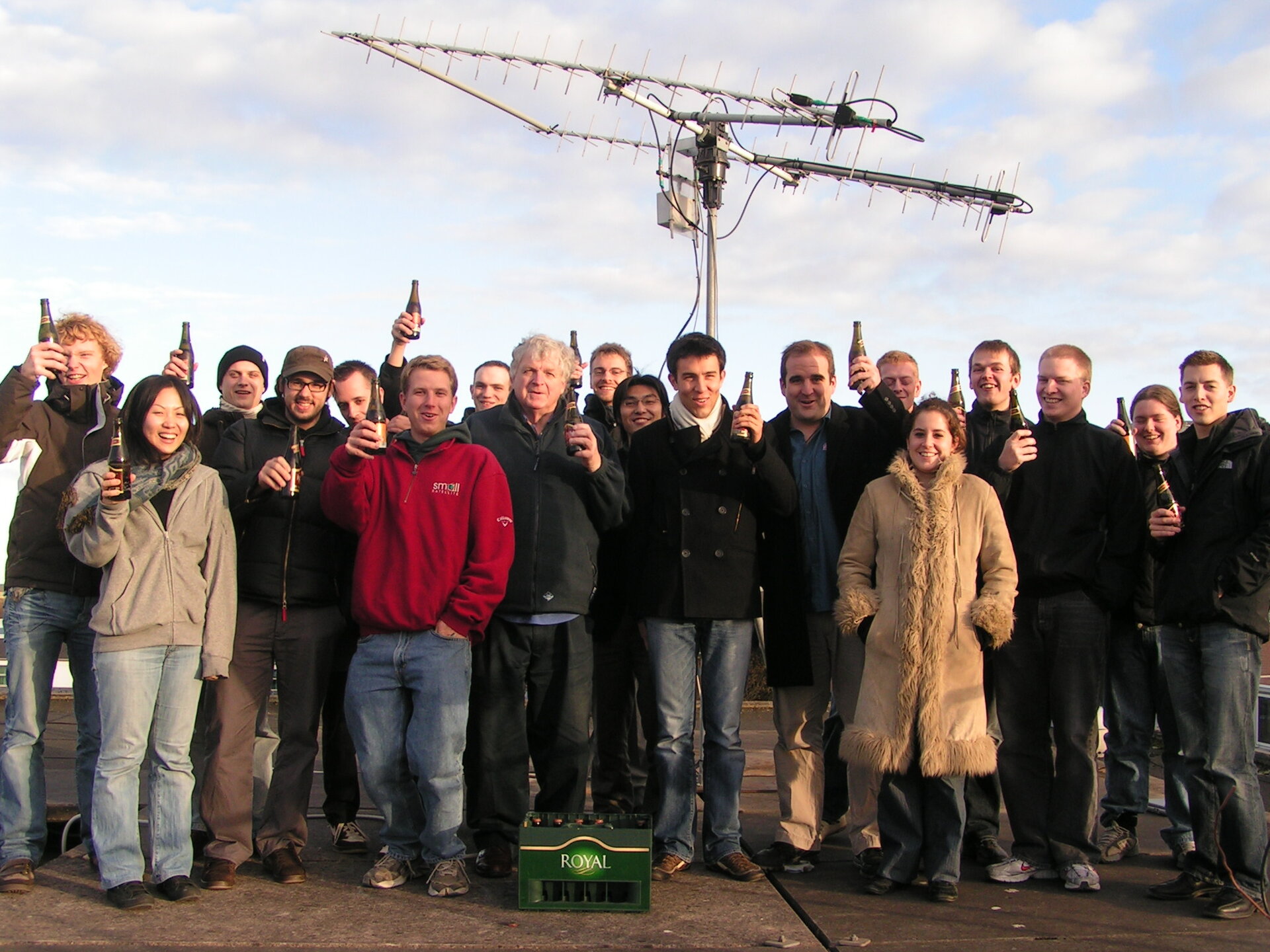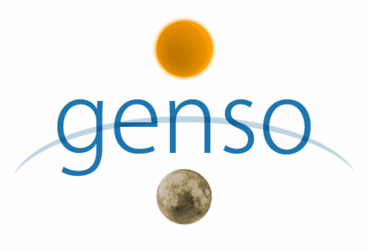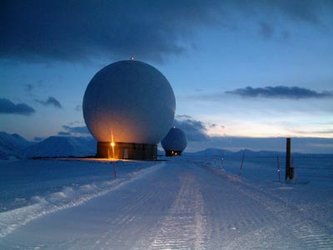GENSO takes first steps
A group of enthusiastic students and radio amateurs met in Aalborg, Denmark, last week for the 5th GENSO workshop which marked a significant step forward for the Global Educational Network for Satellite Operations.
The event centred around a demonstration of the implementation of GENSO thus far. This ambitious integrated system test aimed to combine the work from all the development teams into an early version of the fledgling network. For the first time the Austrian Authentication Server was connected to the Danish Ground Station Server and Mission Control Client applications. Japanese and American drivers were configured to control the local ground station hardware. This setup took a few days of hard work to complete, and constituted the full chain of the GENSO system from the high-level databases to the radio amateur equipment. The group then registered a few spacecraft with the new 'network' and waited to see what it could do.

By the end of the day they had successfully managed to contact four student satellites: Xi-IV, Xi-V, CUTE-1 and AO-27. Automatically the passes were scheduled, the spacecraft tracked from horizon to horizon, the radio set and corrected for Doppler, and data decoded. Project Coordinator Neil Melville said, “For the majority of the time we were able to leave the radio room empty and locked while we watched from the seminar room via webcams and an audio stream. For the last Xi-IV pass of the day we even took the liberty of enjoying a celebratory toast on the roof next to the rotating antennas.”
The technical achievements were paralleled by a series of working group sessions focussing on everything from the legal details of end-user agreements to definition of the Alpha Test Phase. The next stages of the project were identified and scheduled, and the team are looking forward to continuing the internal testing and development until March 2008, and then inviting some external stations to assist with the Beta Testing.
“I would like to thank all of the GENSO teams for their hard work which has made this possible,” said Neil Melville. “Special thanks to the local organisers in Aalborg, and to our inter-continental colleagues who travelled so far to join us for the workshop and also kindly supplied us with transmitting spacecraft to test with.”
Background
Many universities around the world have invested in the design, construction and operation of small educational satellites, which provide valuable learning opportunities to students of science and engineering. Often there is just one dedicated ground station for each satellite. Unfortunately, since a satellite in low Earth orbit is typically only over the horizon at the local ground station for around 30 minutes each day, the amount of time available to transmit or receive signals is very limited. Consequently, it has often been difficult to make full use of the spacecraft and maximise the benefits of such expensive, time-consuming projects.
However, this situation is about to change, thanks to the initiative of the International Space Education Board to establish a global ground station network for educational users. The Global Educational Ground Station Network (GENSO) will be a global infrastructure for future educational satellite projects. By increasing communication time from an average of 3% to a potential 60%, it will become possible to access spacecraft data in real time at low cost.
The network is being developed by encouraging close links between the space education community and the radio amateur community. This fruitful collaboration, brings technical expertise and experience to the network, as well as the potential for many radio amateur ground stations, not to mention AMSAT spacecraft, participating in the network.










